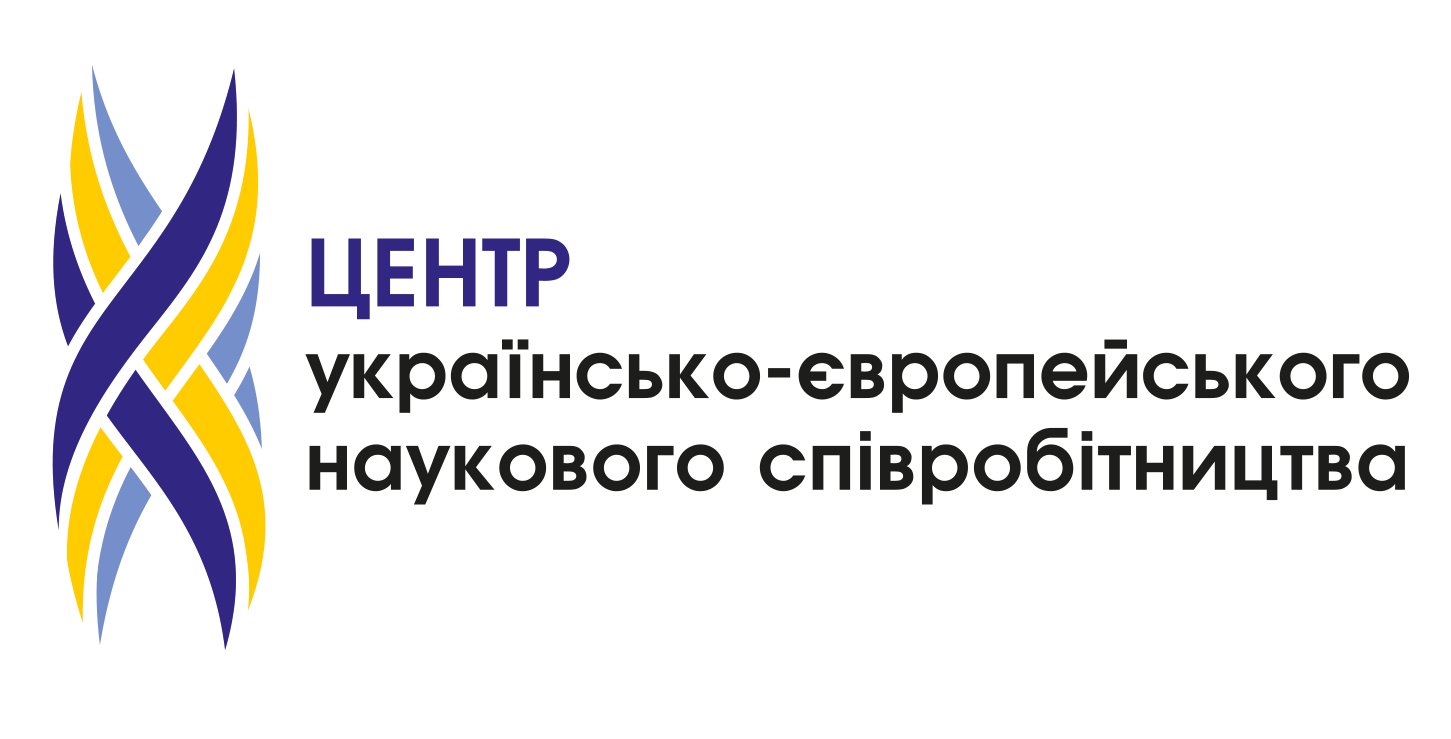 Key Features of the Education System
Key Features of the Education System
Educational policy is created at the central level. Ministry of Education is responsible for the overall educational policy.
Public financing of the up-to-the-university education is carried out entirely from the central level, with some contribution from the local self-governments. As regards financing of the public higher education institutions (HEIs), the Government, upon the opinion of the Council for Higher Education, determines the amount of funds for financing of public institutions and students at those institutions for each academic year.
Allocation for education from GDP is around 4.5%.
Educatonal providers: Education and upbringing is provided in preschool institution, school, educational centre, resource centre, by adult education provider,universities, faculties, academy of art and upper secondary non tertiary schools, all of which can be public or private.
At up to the university public educational institutions, education is of secular character and the religious activity is not allowed except in the secondary religious schools.
Equity: Montenegrin citizens are equal in their rights to education, irrespective of nationality, race, sex, language, religion, social background or other personal ability. Foreign citizens who have short-term residence or permanently reside in Montenegro, are equal in their rights to education with Montenegrin citizens. As regards higher education, a foreigner is entitled to be enrolled into study programme in Montenegro under the same conditions as Montenegrin citizens, in compliance with the Law on Higher Education and statute of an institution.
Language of instruction: Teaching in educational institutions is performed in the official,Montenegrin language. Teaching is also performed in languages in official use: Serbian, Bosnian, Albanian and Croatian.
Curriculum: Education and upbringing are provided on the basis of the educational programs (curricula) adopted by the Ministry of Education upon the recommendation of the relevant council. As regards higher education,accreditation of astudy program is done by the Council for Higher Education, upon the proposal of the HEI.
Autonomy: Up-to-the-university institutions are autonomous in realization of educational programs. Autonomy of the HEIs is guaranteed by the Constitution and the Law on Higher Education.
Quality Assurance (QA): QA of the educational work in the institution is done internally and externally. Internal quality assessment is performed by the institution itself. External assessment is carried out by the responsible public bodies or authorized agencies. Ministry of Education regulates methodology for both internal and external evaluation.
Trends and reforms: Education is seen as a key factor of the societal development and Montenegro is continuously implementing reforms in this area in order to make educational system compliant with modern trends and quality. In recent years, reforms have been done at all levels of education. Reforms were preceded by adoption of new laws and amendments and changes for the appropriate level of education, and its harmonization with EU legislation.
Future trends and efforts in education area in Montenegro will relate to the following:
- Further development of social partnership and active involvement of partners in planning, organization and implementation of education and training;
- Improvement of flexibility of VET through developmentof modularized curricula based on key competences;
- Early school leaving prevention;
- Development of career guidance system for all types of education;
- Improvement of initial and continuing professional training of teachers withspecial attention dedicated to the education of teachers of practical training;
- Defining enrolment policy to better reflect labour market needs as well as Montenegrin mid-term and long-term development policy requirements;
- Improvement of working conditions at schools, school equipmentand teaching aids upgrading and development of textbooks and relevant learning materials;
- Mobility and internationalisation;
- Recognition of non-formal and informal education.
Stages of the Education System
The education system of Montenegro consists of pre-school education, primary education, general secondary education, upper secondary vocational education, upper secondary non tertiary education and higher education. Adult education is part of the overall system and is being implemented for all levels of education.
- Pre-school education is implemented in crèche (children up to 3 years of age) and kindergarten (for children from 3 to 6 years of age) divided into groups according to age. Pre-school education is not a prerequisite to attend primary school
- Primary education is compulsory and it’s free for all children aged 6 to 15 years. It lasts for nine years divided into three cycles, which means that in Montenegro primary and lower secondary education are organised as asingle structure system
- General secondary education is performed in high schools – gymnasiums. This education is not compulsory. Gymnasiums may enrol persons who have completed primary education and are younger than 17. Education in high school lasts for four years
- Secondary vocational education is also not mandatory, and is implemented in a period of two, three or four years in secondary vocational schools. Secondary vocational education is also performed in art schools
- Higher education is acquired at the University of Montenegro as a public university, two private universities, nine individual private faculties and one individual public faculty. At the public university, tuition fee for a certain number of students is provided from the State Budget, while other students bear the cost of tuition.
Education of Children with Special Educational Needs
Education of children with special educational needs (SEN children) is part of a single educational system and it is compulsory from the moment of identifying a special education need of a child. Education of SEN children is carried out in preschool institution, institutions of primary and secondary general and vocational education, as well as in resource centre.This type of education is provided for a specific level of education which corresponds to SEN children physical, intellectual, emotional and social development.Space, equipment and teaching material must be adapted to SEN children and there is obligation for schools to provide adequate educational conditions.
Part-time Education in the Arts (Public Music Schools)
Primary music schools offer part-time education as an additional education of primary school level children. This kind of education is taken voluntary. Children from the age of 6 may take this course on the basis of the entrance examination showing basic prerequisites or talents for a certain musical instrument, ballet or singing. At public primary music schools no fees are required.
Structure of the National Education System
Resource: https://eacea.ec.europa.eu/national-policies/eurydice/content/montenegro_en









